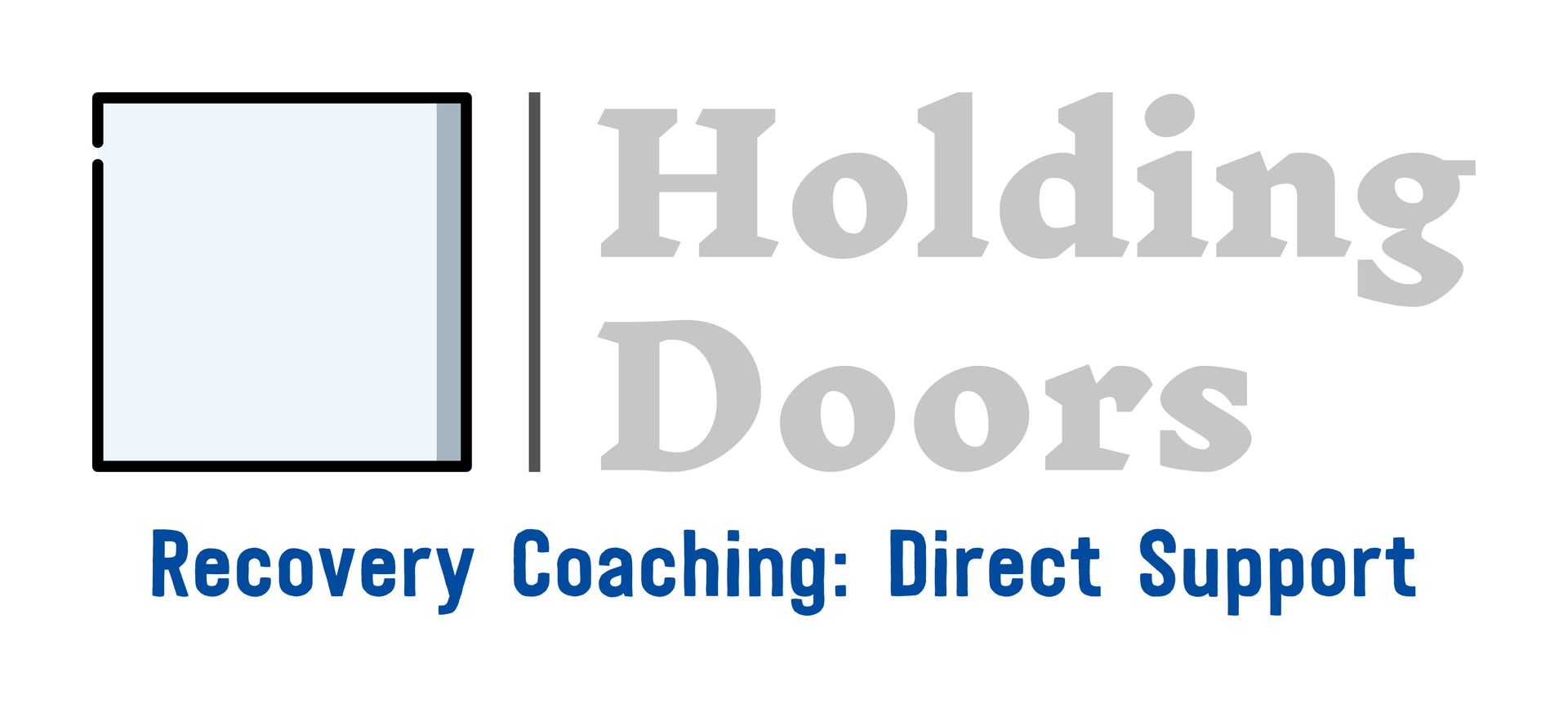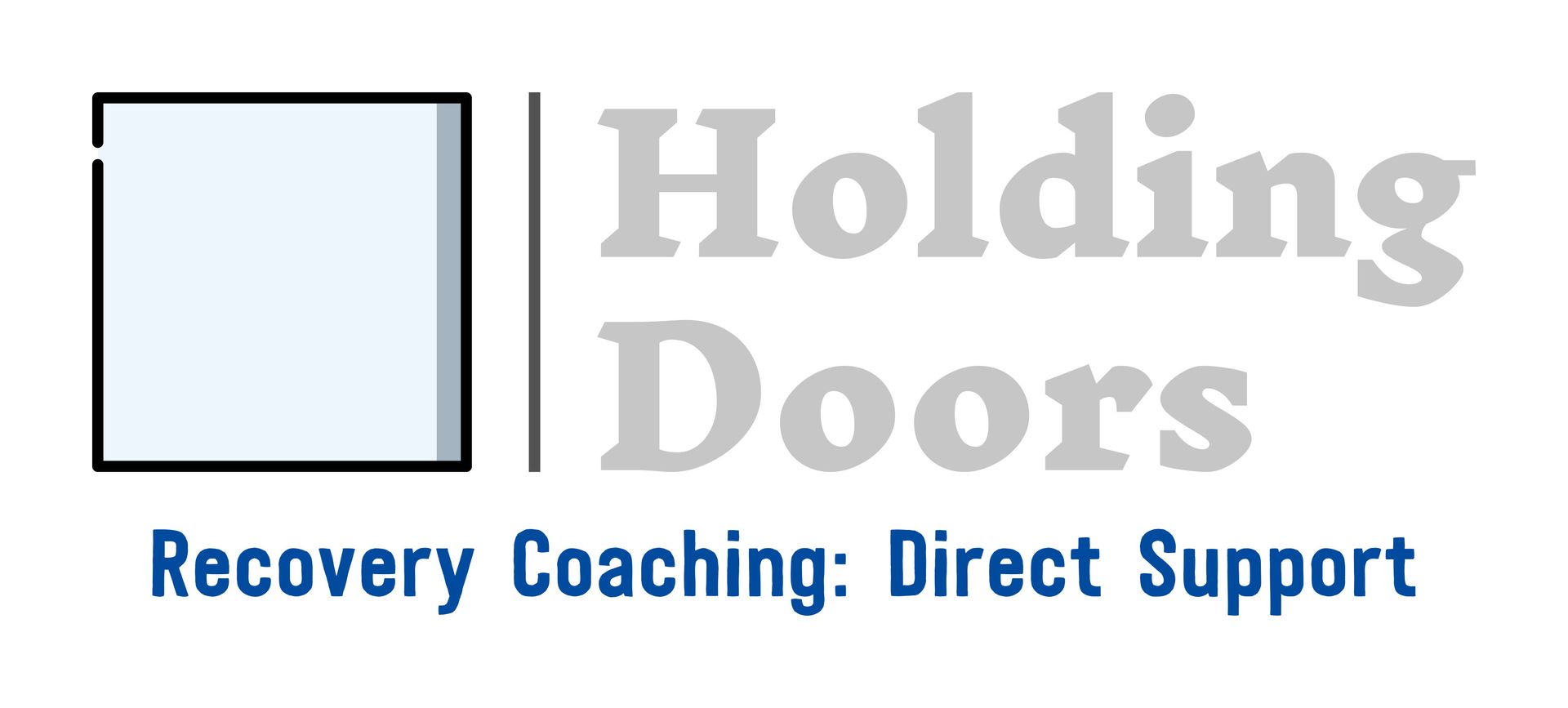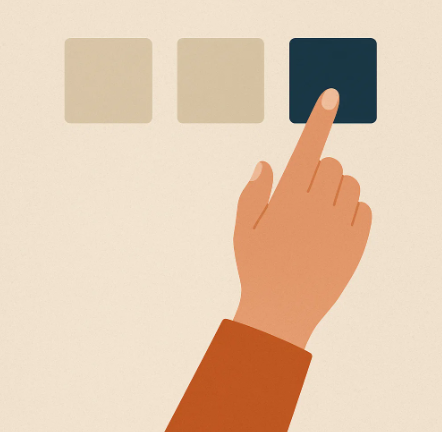Addiction and Dopamine
Discover how managing dopamine is key to successful addiction recovery. Learn how personalized aftercare coaching with Holding Doors can help harness this powerful neurotransmitter for lasting change
Discover How Managing Dopamine is Key to Successful Addiction Recovery
Addiction and Dopamine
Addiction is a complex issue with many contributing factors, including brain chemistry. Among these factors, dopamine plays a crucial role. Dopamine is a neurotransmitter essential for feeling pleasure and satisfaction. It's a key player in motivation and the sense of fulfillment we get when completing tasks.
Many people are deficient in dopamine due to genetic predisposition or environmental influences, leading to feelings of emptiness that people often try to fill through addictive substances or behaviors.
One of the best books on addiction is "The Biology of Desire: Why Addiction Is Not a Disease" by Marc Lewis. It argues against the disease model of addiction, discuss the role of dopamine, and offers an alternative understanding of recovery.
Marc's book "The Biology of Desire: Why Addiction is Not a Disease" is available now - https://geni.us/U3BzJ
The Neuroscience of Addiction - with Marc Lewis
Here is a link a a speaking event where Marc lays some of the groundwork for this book. - The Neuroscience of Addiction - with Marc Lewis
Understanding Dopamine's Role in Addiction
When someone develops an addiction, they are often seeking a replacement for their dopamine deficiency. Substances or behaviors they become addicted to temporarily boost their dopamine levels to often future unreachable levels with chronic use, creating a sense of pleasure or relief. This is essentially a form of self-medication. The problem is that these temporary boosts are not sustainable and can lead to a cycle of dependency and addiction.
Many recovery programs don't adequately address the neurochemical aspects of addiction. At Holding Doors, we recognize the importance of understanding dopamine’s role in addiction. This understanding is at the heart of our one-on-one aftercare coaching, which harnesses the power of dopamine to support recovery.
The Importance of Dopamine in Recovery
Managing dopamine levels is essential for successful recovery. Here are some ways to integrate dopamine management into recovery:
Recognizing Its Influence: Understanding how dopamine influences behavior can help in developing strategies to manage it. Recognizing this can be a powerful first step in recovery.
Creating New Habits: Developing new, healthy habits can help regulate dopamine levels. Activities like regular exercise (I cannot emphasize the importance of exercise and dopamine), engaging in hobbies, and setting achievable goals can provide natural dopamine boosts. These activities replace the harmful ones that the person relied on for their dopamine fix.
Balanced Nutrition: Certain foods can influence dopamine production. A diet rich in proteins, vitamins, and minerals supports healthy dopamine levels. Foods like lean meats, fish, eggs, nuts, and beans are excellent choices. Ensuring a balanced diet can help maintain stable dopamine levels.
Therapeutic Support: Professional therapy can help individuals understand the role of dopamine in their addiction and develop strategies to manage it. Cognitive-behavioral therapy (CBT), for instance, can help reframe negative thought patterns and promote behaviors that boost dopamine in healthy ways.
Mindfulness and Relaxation: Practices like mindfulness meditation, music, and yoga can help manage stress and anxiety, which in turn can influence dopamine levels. These practices encourage a focus on the present moment and reduce the reliance on external sources for dopamine.
Social Connections: Building and maintaining healthy relationships can provide a natural source of dopamine. Positive social interactions can boost dopamine levels and contribute to a sense of well-being and fulfillment.
One-on-One Aftercare Coaching with Holding Doors
At Holding Doors, we understand the importance of managing dopamine in the recovery process. Our one-on-one aftercare coaching is designed to harness the power of dopamine to support long-term recovery. Here’s how our program works:
Personalized Support: We create customized aftercare coaching plans that address the unique needs of each individual. This personalized approach ensures that each person gets the support they need to manage their dopamine levels effectively.
Activity Planning: We help clients develop routines that include activities known to boost dopamine, such as exercise, hobbies, and social interactions. By integrating these activities into their daily lives, clients can maintain stable dopamine levels and reduce the risk of relapse.
Nutritional Guidance: Our coaches provide guidance on nutrition to support healthy dopamine production. We educate clients about the foods that can help regulate their dopamine levels and create meal plans that promote overall well-being.
Therapeutic Techniques: We incorporate therapeutic techniques such as CBT and mindfulness practices to help clients manage stress and anxiety. These techniques support mental health and promote healthy dopamine levels.
Ongoing Monitoring: Recovery is a journey, and we provide ongoing support to monitor progress and make adjustments as needed. Regular check-ins and updates ensure that clients stay on track and continue to benefit from their aftercare plans.
Conclusion
Understanding and managing dopamine is essential for successful addiction recovery. Holding Doors offers personalized aftercare coaching programs designed to harness the power of dopamine for fulfilling, addiction-free lives.
Schedule an appointment today to start your journey toward a healthier, happier life.
For additional resources and support, visit https://www.samhsa.gov/ the Substance Abuse and Mental Health Services Administration (SAMHSA). SAMHSA's mission is to lead public health and service delivery efforts that promote mental health, prevent substance misuse, and provide treatments and supports to foster recovery while ensuring equitable access and better outcomes.
*This is a recovery/health coaching education service only. It is not, and is not intended to be, medical treatment or recommendations for medical treatment. Actual medical treatment must come from your physician. Telephone or video consultations do not replace the need for seeing a doctor in person. Holding Doors recovery educators and coaches cannot diagnose or prescribe medications, treatment, or testing procedures. Holding Doors recovery educators and coaches can provide general information that may need to be reviewed and approved by that person’s own physician. Consultations are not considered to be medical advice or diagnosis. Payments are refundable; if you reschedule with 24 hours' notice, your payment will be transferred in full to your new appointment. The cost of Holding Doors recovery education and coaching services is not covered by health insurance or Medicare.











